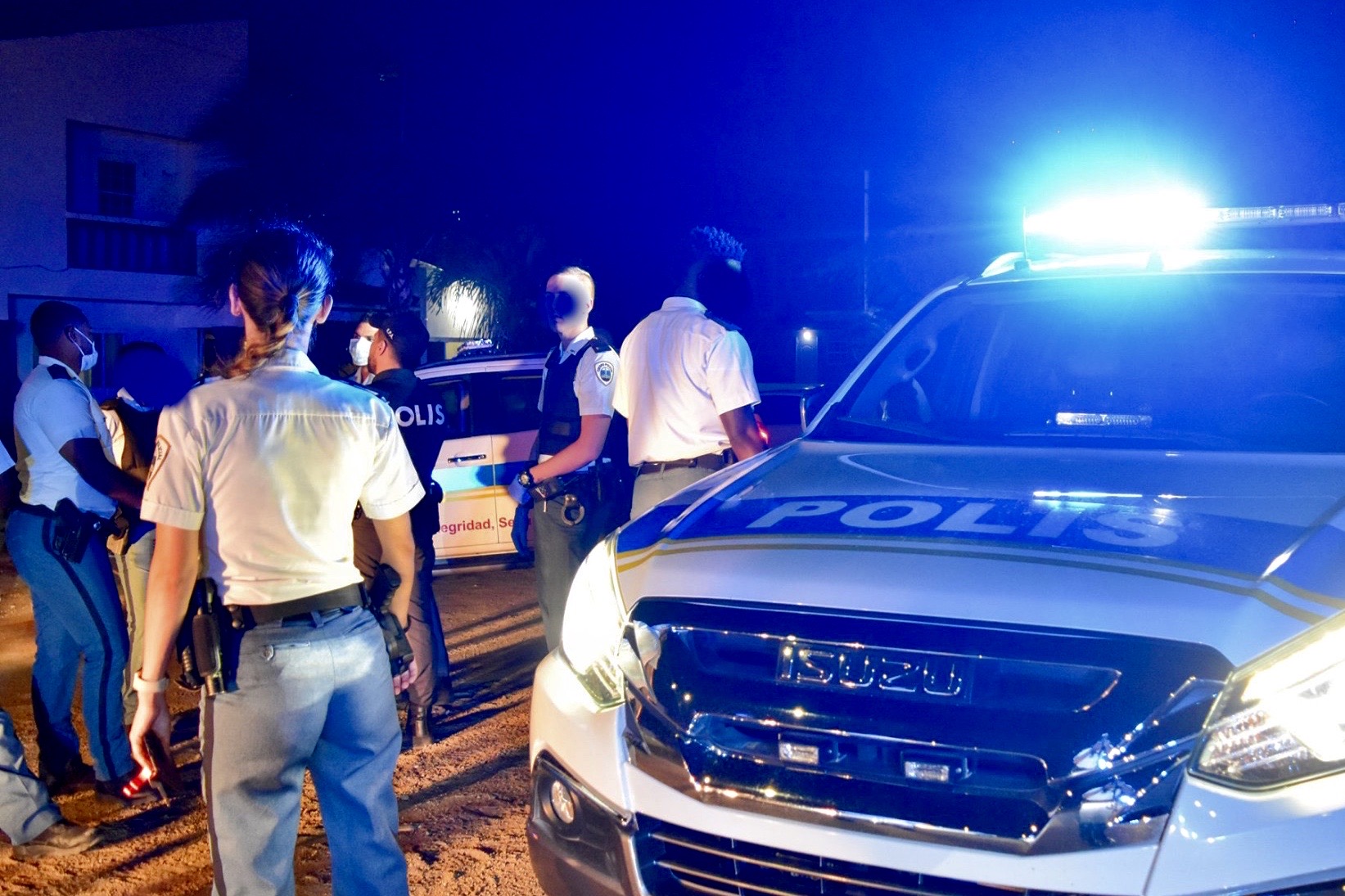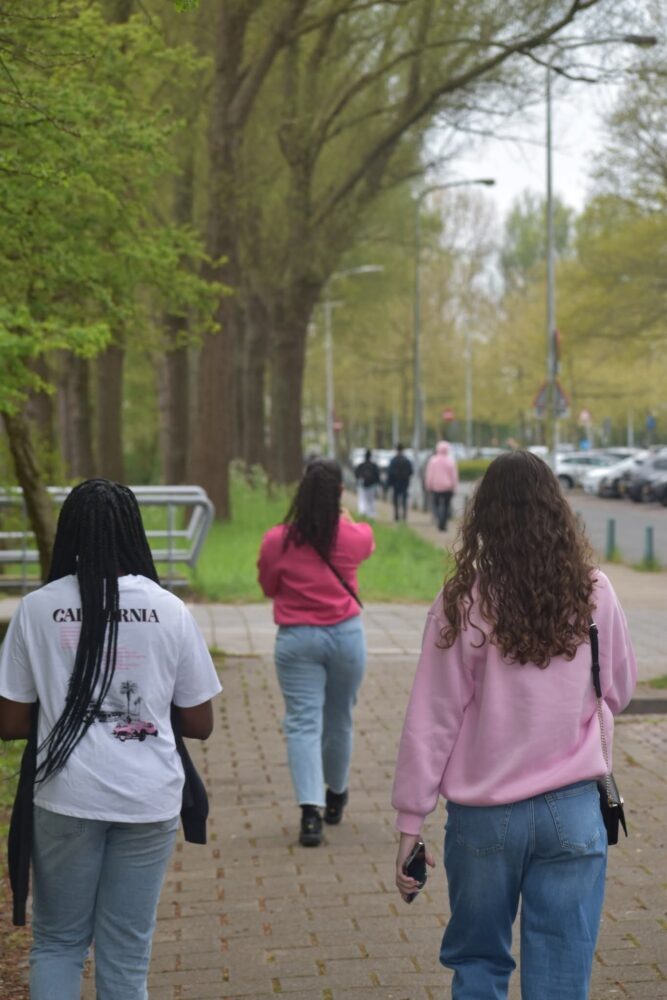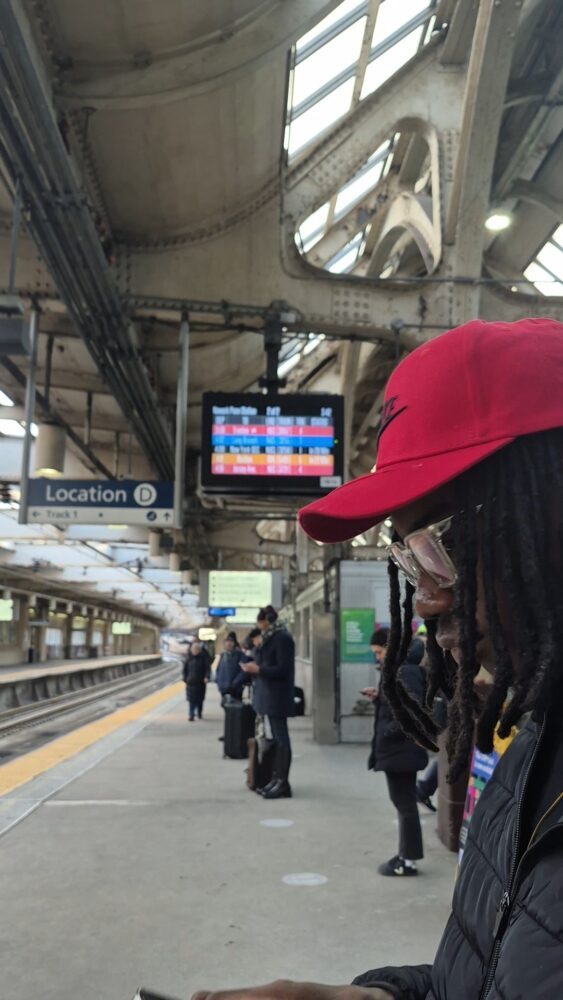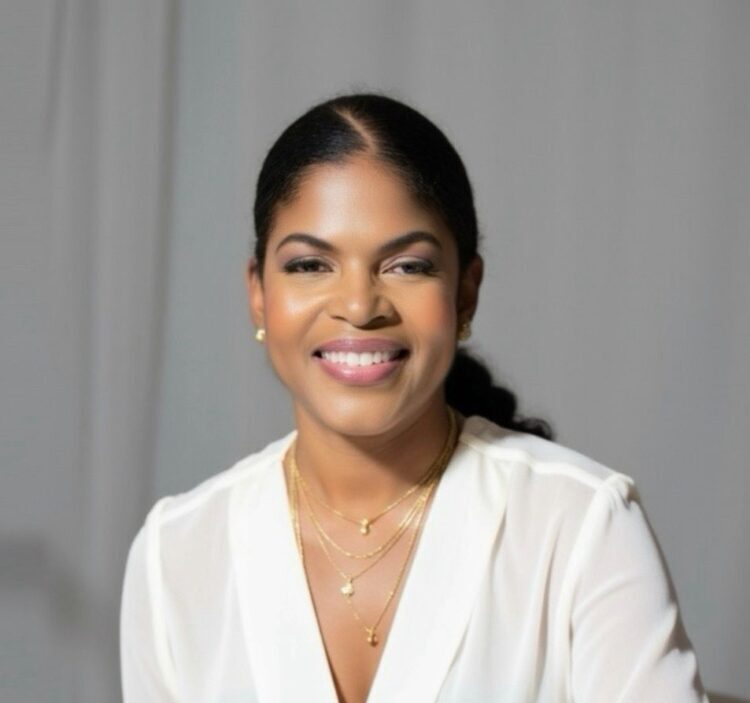ORANJESTAD – Caribbean Network’s very own journalist Sharina Henriquez was arrested by the police on Sunday evening at approximately nine thirty, because she was outside during the curfew. The journalist also received a fine of one thousand florin (516 euros).
“Ridiculous and just crazy“, is the reaction of Wensly Fransico, member of the board at the Dutch Association of Journalists (NVJ). “I contacted members of Parliament in the Netherlands as soon as I heard the news.” Now the SP and Groenlinks have asked written Parliamentary questions.
This is what the curfew on Aruba entailsA curfew has been in place on Aruba since Saturday and residents are not allowed to be outside between 9 PM and 6 AM. The government of Aruba hopes that the measure will help stop the spread of the coronavirus. Employees of vital institutions and companies are the only ones who are allowed outside. According to the prime minister of Aruba, journalists are not part of that group. The Aruban press has been protesting this decision and is supported by the Dutch Association of Journalists. |
Henriquez invokes a regulation in the ministerial decree of Aruba for ‘continue professions’. Employees of such services are allowed on the streets during a curfew according to the ministerial decree, as long as they have a letter from their employer. “Because the news never stops, one could argue that journalists also fall under this classification”, says Henriquez.
Even though she had an employer’s letter and a statement from the Dutch Association of Journalists, Henriquez was arrested and she received a fine of one thousand florin (516 euros).
“It’s shameful and incomprehensible that authorities on Aruba don’t view reporting as a vital profession and that they arrested our reporter for doing her job, which is informing the public about the consequences of the corona crisis in this part of our Kingdom”, says Frans Jennekens, senior editor of Caribbean Network.
Scathing letter to Aruban prime minister
The Dutch Association of Journalists (NVJ) sent a scathing letter to prime minister Evelyn Wever-Croes on Saturday with the request that her government ‘include journalists as a vital profession in the decree as soon as possible’. The prime minister has as of yet not responded to the letter.
“It is disappointing that we have to step in while this should be arranged within the political system” , says Francisco about the scathing letter. “Our wish is that journalism be considered as a vital profession on the islands as it is in the Netherlands. And not that reporting is left to the authorities, like it’s happening now on Aruba. We don’t live in a police state.”
Concerns about freedom of press on Curaçao
It’s not just on Aruba where things are not going well for the freedom of press according to Francisco. The member of the board has also received concerning reports from journalists about the situation on Curaçao.
“Journalists are usually used by the government of Curaçao as a tool or mouthpiece. If they ask critical questions or wish to speak to specialists their actions are met with resistance.”
This is why Francisco has also sent a letter to the government of Curaçao on behalf of the NVJ requesting that the freedom of the press be upheld.
NVJ also for the islandsJournalists on the islands of the Dutch Kingdom are not member of the Dutch Association of Journalists (NVJ). An association such as the NVJ which stands up for the rights of the press, does not exist on the islands. That’s why Francisco has been fighting to make it possible for journalists on the islands to become a member of the NVJ since he became a board member. Because an official press pass is not available on the islands through a journalists’ association, the NVJ offers emergency press passes on request. Francisco has received at least twelve of these requests from journalists on the islands since Saturday. |








